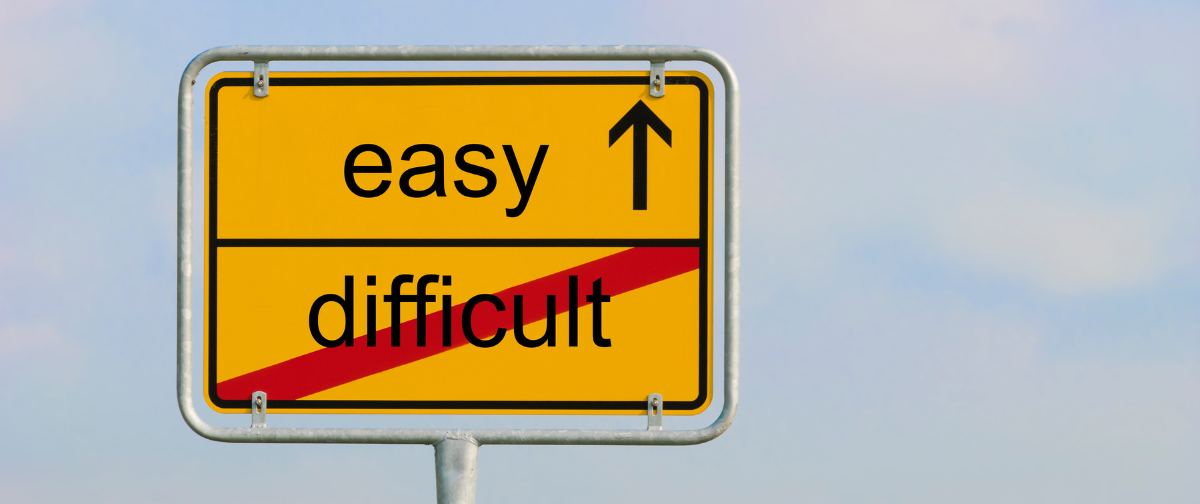This year’s epic tech congress, Web Summit, took place in Lisbon at the beginning of November and I was fortunate enough to attend for the second year running. The largest tech conference in the world saw 70,000 attendees, from more than 170 countries, gather in the Portuguese capital, to have the opportunity to listen to 1,200 incredible speakers.
Glastonbury for Geeks
A huge slice of the world’s tech movers and shakers were gathered under one roof and it was hard not to feel part of something really awesome. It was so buzzy and there’s a reason why Web Summit is referred to as ‘Glastonbury for Geeks’! It has the same mass-gathering/common interest excitement and vibe…
Spread over three days, the event is a platform for discovery and networking. Having already attended last year, I felt much better prepared this year (because the event is HUGE) and I planned which keynotes to attend like a conference ninja! This year, I knew that I wanted to hear some of tech’s shining stars discuss the future of technology and where the internet is headed.
Contract for the Web
My Web Summit kicked off by attending a keynote speech from Sir Tim Berners-Lee, the inventor of the internet. It was kind of surreal to be sat a few feet away from the man who actually INVENTED THE INTERNET! Far from patting himself and the back and congratulating himself on his invention and the impact it’s had on every aspect of modern life, he seemed disappointed – dismayed, even – with the direction the internet’s taken. With the proliferation of fake news, privacy issues and mean people, the internet isn’t a very nice, or healthy place.
As the internet turns 20, Berners-Lee talked about how he felt that that internet is in need of a ‘mid-course correction’. With the development of a ‘Contract for the Web’, Berners-Lee is urging governments, tech companies and users to commit to a set of principles on how the internet should move forward within two major areas:
- 50% of the world are not connected, and they need to get online. Also, the vast majority of this 50% are women: this gender gap needs to be closed and there must be initiatives to get more women connected.
- The second key point concerns those who are connected: there is a need for those using the internet to be ‘less hateful’. Boosting user privacy and minimizing misinformation and hate speech needs to be paramount.
It’s clear, two decades in, that improvements in gender inequality and web access must be made. The digital divide between the sexes is getting bigger and this needs some serious consideration. Also, people already using the net just need to be nicer – plain and simple.
Keeping it positive
Making the internet a happier, and better, place was the key theme this year. It’s clear that we’re entering a more responsible phase of internet – with a higher level of EQ, less manipulation and clearly defined boundaries. The internet is monopolizing our attention at the expense of our well being; social media is making us feel bad about ourselves and is being linked with increased rates of depression and anxiety. The net is no longer something we surf – we live online – and 70% of social media users wish that it was a more positive place. It’s not all doom and gloom, though… There are platforms that make us feel better, usually where entertainment and discovery are combined. The discovery of new content is a good thing, as is using social media for social good.
Tech is growing up
The initial ‘glory days’ of ‘anything goes’ are over and the internet needs to be a more principled place. We’re being encouraged to get ‘beyond our own bubble’ and stop feeding into just our own views. Tech’s growing up and is making a move to be more ethical. The internet needs to to used with more responsibility: if we see something fake, we need to call it out. Let’s get back to the old principles of truth, authenticity and decency and make the internet a joyful place to be. It’s going to be very interesting to see how the next 20 years pan out.






